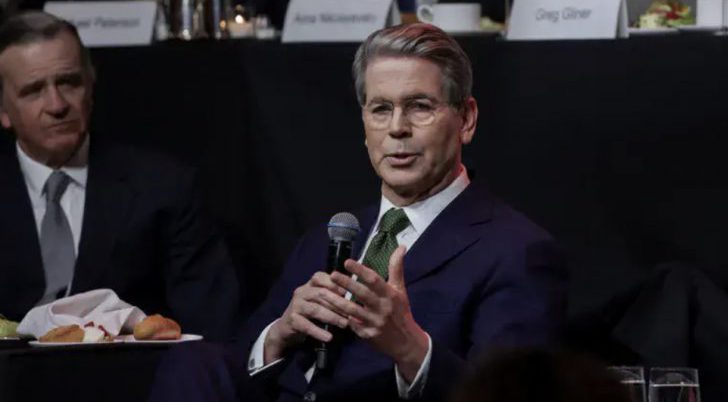In a bid to preserve fragile coalition unity, Likud initiates internal elections to replace MK Edelstein, citing his defiance over the Draft Law and confrontations with party leadership.
Jerusalem, July 2025 — A major political shake-up is underway within the Likud party, as internal elections have been scheduled for this Wednesday to determine the next Chairman of the Knesset Foreign Affairs and Defense Committee—a pivotal role in Israel’s legislative and national security landscape.
Likud faction chair MK Ofir Katz officially notified party members of the vote, which will follow the party’s constitutional procedures. Nominations for the post are open until Tuesday, and two contenders have already stepped forward: MK Hanoch Milwidsky and MK Nissim Vaturi.
This internal vote follows intensifying calls to remove current chair MK Yuli Edelstein, who has come under fire for obstructing progress on the controversial Draft Law—a bill strongly backed by Likud leadership and ultra-Orthodox coalition partners.
Milwidsky issued a scathing critique, accusing Edelstein of “consistently acting in open defiance of the Prime Minister, party leadership, and coalition agreements.” He stressed that such conduct has triggered a serious coalition rupture, jeopardizing the stability of the government just over a year into its term.
“A committee chair elected by Likud cannot behave like a lone wolf, disregarding the consensus and working against the party line,” Milwidsky stated.
He further argued that replacing Edelstein is essential to maintaining the cohesion of the coalition through the end of the current Knesset session, scheduled to run until October 2026—regardless of the Draft Law’s ultimate fate.
The committee chairmanship is one of the most influential roles in Israeli governance, overseeing defense and foreign policy legislation at a time when national security tensions are running high, both internally and externally.
With factional rifts growing sharper and political stakes rising, Wednesday’s vote may determine not just the committee’s leadership—but the fragile future of the ruling coalition itself.





